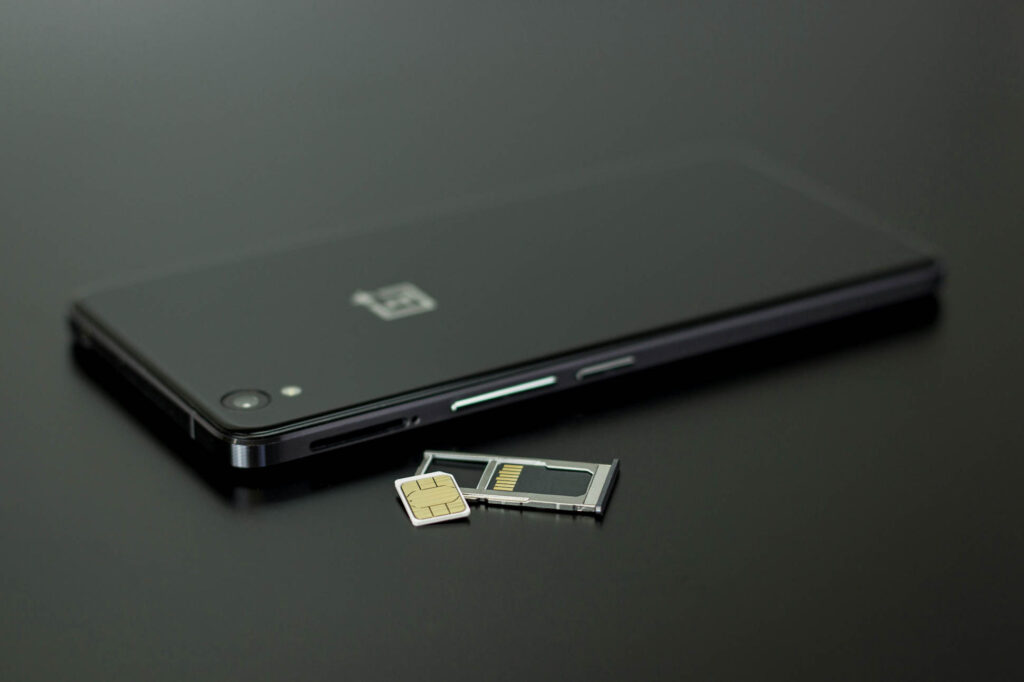
Having a reliable internet connection and an Italian SIM card is one of the first things foreign residents think about after moving. Fibre coverage is expanding quickly across Italy, but in smaller towns and remote countryside areas you may still face limited options. In those cases, workarounds like mobile hotspots, 4G routers, or satellite internet can help.
👉 See also: Foreign Buyer Practicalities: Residency, Visas, Inheritance.
SIM Cards in Italy
Italy has several major providers: TIM, Vodafone, WindTre, and Iliad. All offer prepaid SIM cards that can be purchased with just a passport or ID. Contracts are available too, but they usually require proof of residency. Prepaid options are flexible, with bundles that include data, calls, and texts.
Costs
Costs are generally lower than in many European countries: €7–15 per month for packages with 70–100 GB of data is common. Coverage is good in cities and towns, but rural areas may vary depending on the provider.
Internet Options at Home
If you’re buying or renting a property in Italy, internet installation depends on the available infrastructure in your area.
- Fibre (FTTH): The fastest option, increasingly available even in medium-sized towns.
- ADSL: Still common, but speeds are lower.
- 4G/5G routers: A practical solution for rural homes without fibre lines.
- Satellite internet: The last resort in very isolated locations.
Installing a fixed line often requires a codice fiscale and sometimes a residency document. Many providers also bundle internet with a landline phone contract, even if you rarely use it.
Tips for Foreign Residents
- Compare coverage maps before choosing a provider, especially if you plan to live in the countryside.
- For short stays or holiday homes, a prepaid SIM with a large data plan may be enough.
- Be aware that installation appointments for fixed internet can take several weeks.
✅ Key takeaways:
Getting connected in Italy is usually straightforward, but speed and reliability depend on where you live. Fibre is the standard in cities, while rural homes may need to rely on mobile or satellite solutions. Having a SIM card is essential for everyday life, from online banking to government services, so it should be one of your first steps after arrival.
